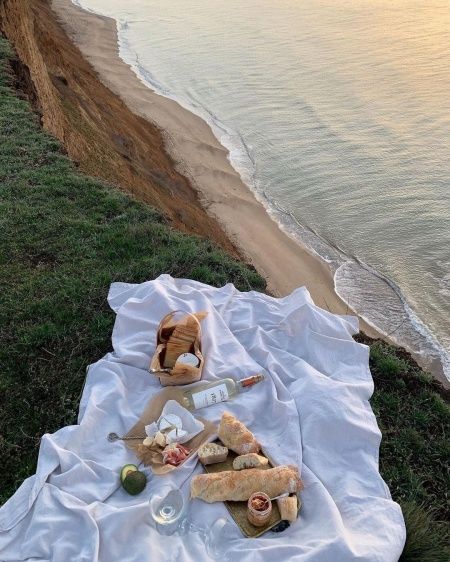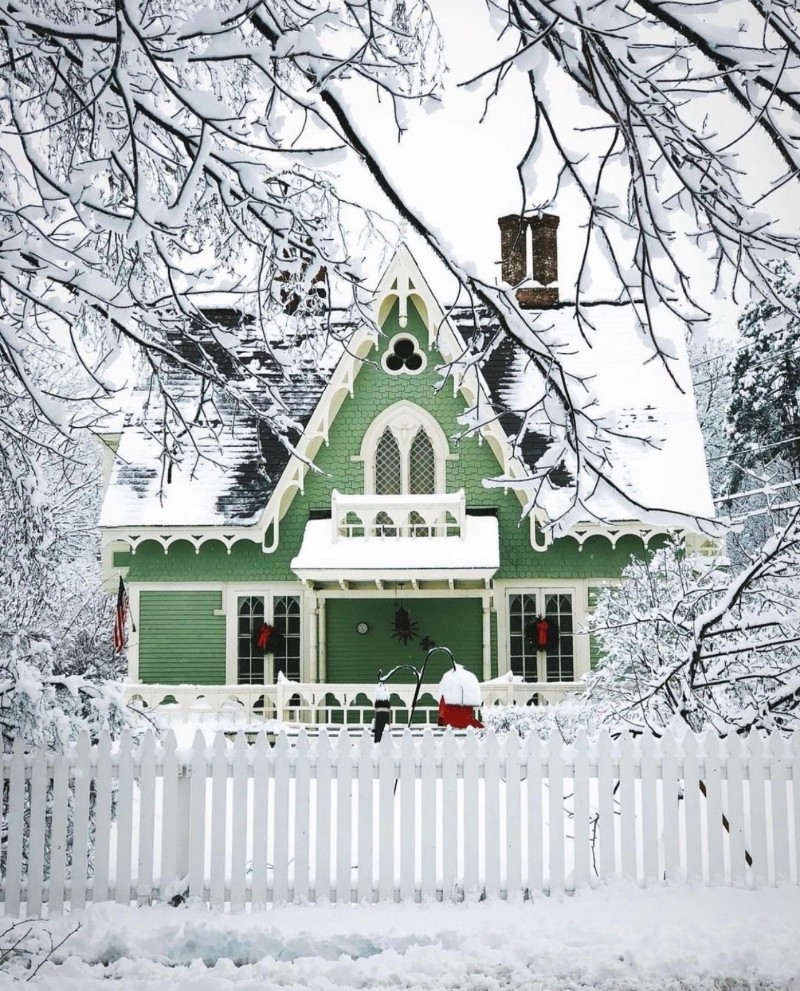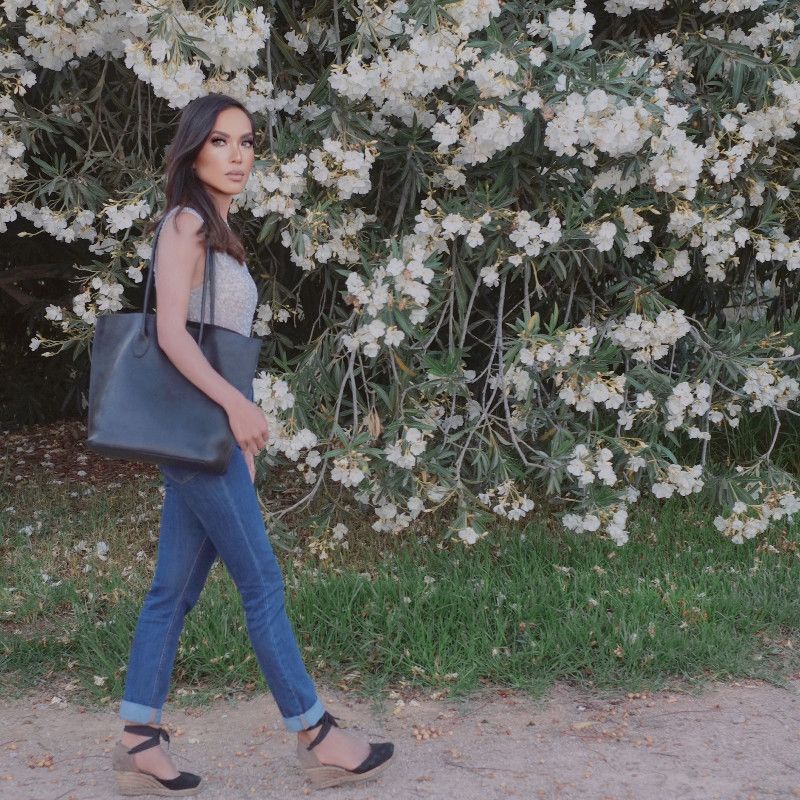During one of my more desperate phases as a young novelist, I began to question whether I should actually be writing my own stories. I was deeply uninterested at the time in anything that resembled a plot, but I acknowledged that if I wanted to attain any sort of literary success I would need to tell a story that had a distinct beginning, middle, and end.
Joined28 March 2014
Articles714
In January 2021, 18 months after a sticky divorce, I bought a house. I bought it partly because I could – my ex-wife and I had got lucky on the property ladder and walked away with enough money for a deposit each. But also, I bought it because I was desperate. With shared custody of our two-year-old daughter, I needed a place where she could be happy and where I could get back on my feet.
On March 9, 1945, an armada of more than three hundred B-29s flew fifteen hundred miles across the Pacific to attack Tokyo from the air. The planes carried incendiary bombs to be dropped at low altitudes. Beginning shortly after midnight, sixteen hundred and sixty-five tons of bombs fell on the city.
Philosophy seems to be on a hiding to nothing. It has a 2,500-year history in the West and an extensive back-catalogue – of problems. There are questions about what exists, and what we know about it, such as: Do we have free will? Is there an external world? Does God exist? and so on. There are also questions of analysis and definition such as: What makes a sentence true? What makes an act just? What is causation? What is a person? This is a tiny sample.
‘Why do different cultures respond differently to depression?’ The question is typical of Matthew. The assumption embedded in it creates rhetorical tension, pulling you on to his intellectual territory, forcing you to take a position. At the same time, it sounds like the beginning of a joke.
In any given year, the exercise of assembling a definitive list of the best places to travel is both exciting and daunting. After all, we’re never short on inspiring places and experiences we hope to cross off. And so, every fall, when we convene to start the process of creating this list, we do so with great care, enlisting our extensively traveled network of writers from around the world—and for the first time this year, editors from other Condé Nast Traveler markets—to pitch, endorse, defend, and eventually align on the places we believe that you, as our readers, will most want to travel to over the next 12 months.
Many science students may imagine a ball rolling down a hill or a car skidding because of friction as prototypical examples of the systems physicists care about. But much of modern physics consists of searching for objects and phenomena that are virtually invisible: the tiny electrons of quantum physics and the particles hidden within strange metals of materials science along with their highly energetic counterparts that only exist briefly within giant particle colliders.
The immense and forbidding Southern Ocean is famous for howling gales and devilish swells that have tested mariners for centuries. But its true strength lies beneath the waves. The ocean’s dominant feature, extending up to two miles deep and as much as 1,200 miles wide, is the Antarctic Circumpolar Current, by far the largest current in the world. It is the world’s climate engine, and it has kept the world from warming even more by drawing deep water from the Atlantic, Pacific and Indian oceans, much of which has been submerged for hundreds of years, and pulling it to the surface. There, it exchanges heat and carbon dioxide with the atmosphere before being dispatched again on its eternal round trip.
According to recent studies, the number of people complaining of insomnia skyrocketed during the pandemic, rising from 20 percent of adults last summer to nearly 60 percent in March. If you’re one of those people who’s been plagued by poor sleep, the Well desk is here to help. Recently, we asked our readers to tell us two things: What’s keeping you from getting a good night’s rest? And what are the most pressing questions you would ask a sleep expert?
WHEN MY PARTNER and I first walked through the door of our prospective home, last October, the air was thick with a musty scent that I preferred not to place. It was clear that the carpet upstairs, which appeared to be the culprit, would have to go.
The first thing that strikes me about Anna Sorokin when I meet her in person — after reading about her and watching Julia Garner play her with that elaborate Euro accent — is how regular she is. There’s nothing particularly charming or memorable about her, she’s not a smooth talker, and she’s not really stylish. But she is, in person, surprisingly deadpan funny. Having been behind bars for nearly five years (19 months in Rikers, 21 months in state prison, then 18 months in ICE detention), she has quite a sense of humor about being Anna Delvey.
We have always wanted to add a tote to our line but wanted to ensure that we had a product that was as practical and durable as it was stylish. When Roséline and I began working on our design, we focused on the size and construction.
Visions of “lost cities” in the jungle have consumed western imaginations since Europeans first visited the tropics of Asia, Africa and the Americas. From the Lost City of Z to El Dorado, a thirst for finding ancient civilisations and their treasures in perilous tropical forest settings has driven innumerable ill-fated expeditions. This obsession has seeped into western societies’ popular ideas of tropical forest cities, with overgrown ruins acting as the backdrop for fear, discovery and life-threatening challenges in countless films, novels and video games.
Early in 2004, a buoy was released into the waters off Argentina. Half of the buoy was dark and the other light, like a planet in relief. The buoy sailed east, accompanied by the vastness of the ocean and all the life it contains, the long-lived great humpback whales with their complex songs that carry for kilometers, and the short-lived Argentine shortfin squid. Along the way, many thousands of minuscule creatures were colonizing this new surface, which had appeared like a life raft in the open waters of the South Atlantic.
If you’re an overthinker, you’ll know exactly how it goes. A problem keeps popping up in your mind – for instance, a health worry or a dilemma at work – and you just can’t stop dwelling on it, as you desperately try to find some meaning or solution. Round and round the thoughts go but, unfortunately, the solutions rarely arrive.














